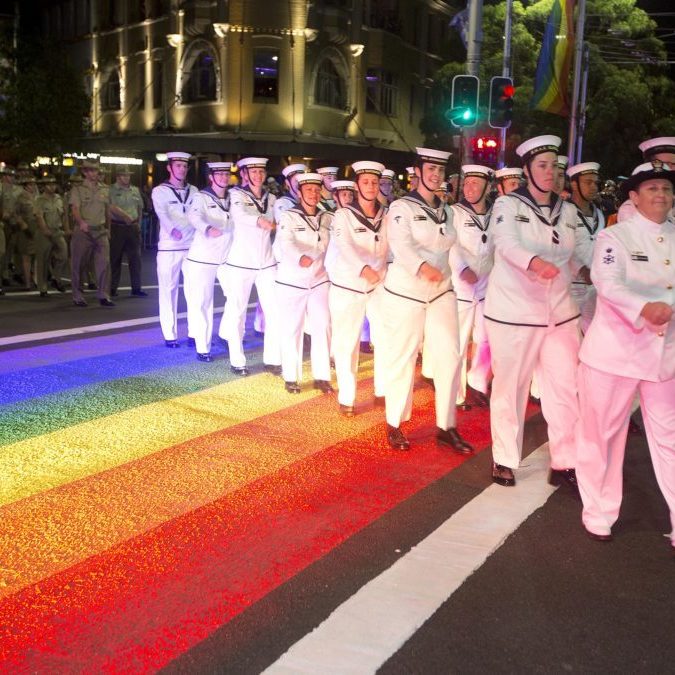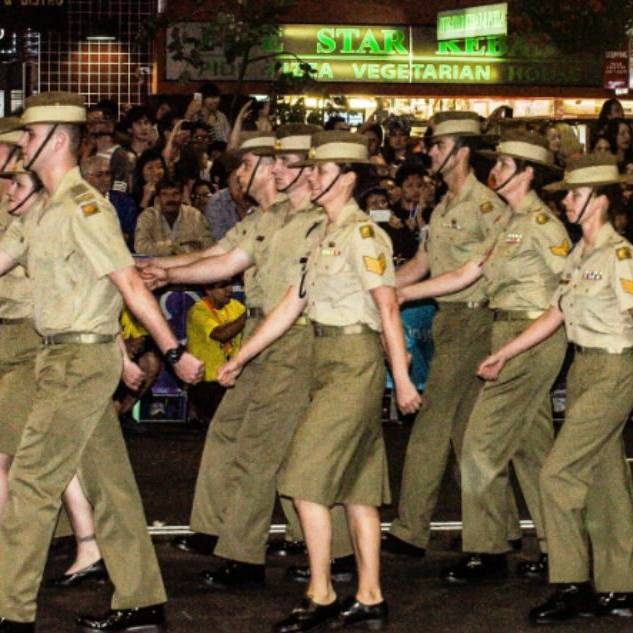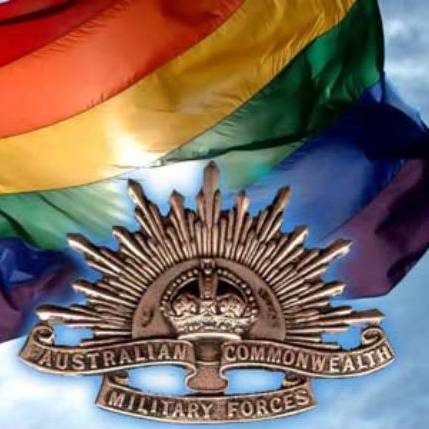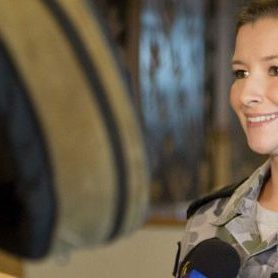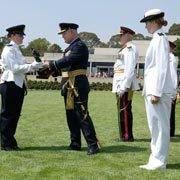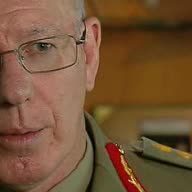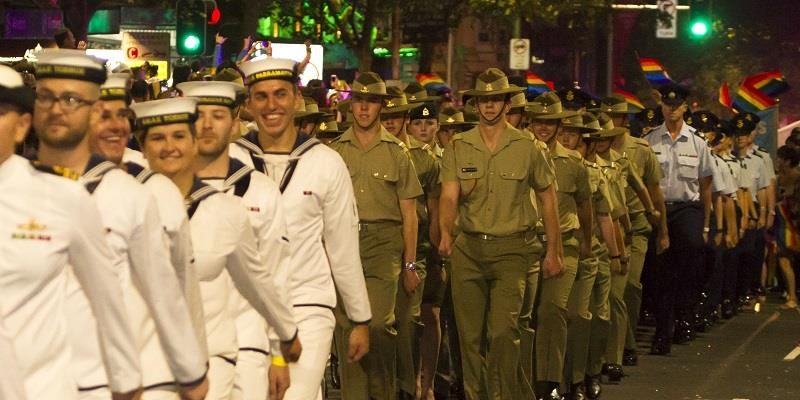 This Mardi Gras, members of the Defence Force Lesbian Gay Bisexual Transgender and Intersex Information Service will proudly march in uniform, joining the jubilant atmosphere at Mardi Gras, celebrating their service and their inclusion in the Australian military.
This Mardi Gras, members of the Defence Force Lesbian Gay Bisexual Transgender and Intersex Information Service will proudly march in uniform, joining the jubilant atmosphere at Mardi Gras, celebrating their service and their inclusion in the Australian military.
The ban on gay and lesbian service in the Australian military was only officially overturned in 1992, however a new research project has found that the history of LGBTI people enlisting and serving reaches back to the Second World War and earlier.
Researchers are investigating the experiences of those LGBTI men and women who served from 1945 to the present.
Associate Professor Noah Riseman from the Australian Catholic University, Associate Professor Shirleene Robinson from Macquarie University and Dr. Graham Willett from the University of Melbourne assert that it is important that Australians remember the LGBTI men and women who bravely served their country before 1992, although these individuals often had to conceal their sexuality at a significant cost.
Many men and women were discharged as a result of their sexuality.
Associate Professor Robinson stated, “We are hearing stories from men and women who made lives for themselves in the military but also accounts of individuals who had an enormous amount to give the military but were discharged because of their sexuality or their gender identity. As we speak to more and more of these people, we are struck by their bravery.”
The three researchers have embarked on a nationwide project that will capture the largely unrecorded stories so that the experiences of these service personnel are documented in Australian history and preserved for future generations.
Associate Professor Riseman added that “there is a long history of LGBTI people serving their country by joining the Australian Defence Force. Our project is revealing just how many of these individuals wanted to join up and serve, although doing so could mean they could be the victims of witch-hunts or official persecution because of their sexuality.”
Dr. Graham Willet, who has previously found rich archival records of gay men serving in World War Two, notes that all expressions of interest from LGBTI people who served from 1945 are welcome.
Interviewers are particularly keen to speak to more men and women who served in the 1950s, 1960s, and 1970s, women who served in the 1990s and people who served in the Navy at any point from 1945 to the present.
They are also very keen to hear from transgender people, whose inclusion in the military has been particularly challenging, and also to make sure that intersex perspectives are included.
Researchers are committed to ensuring that as many of these important stories as possible are recorded. Interested participants can find out more about the project here.

